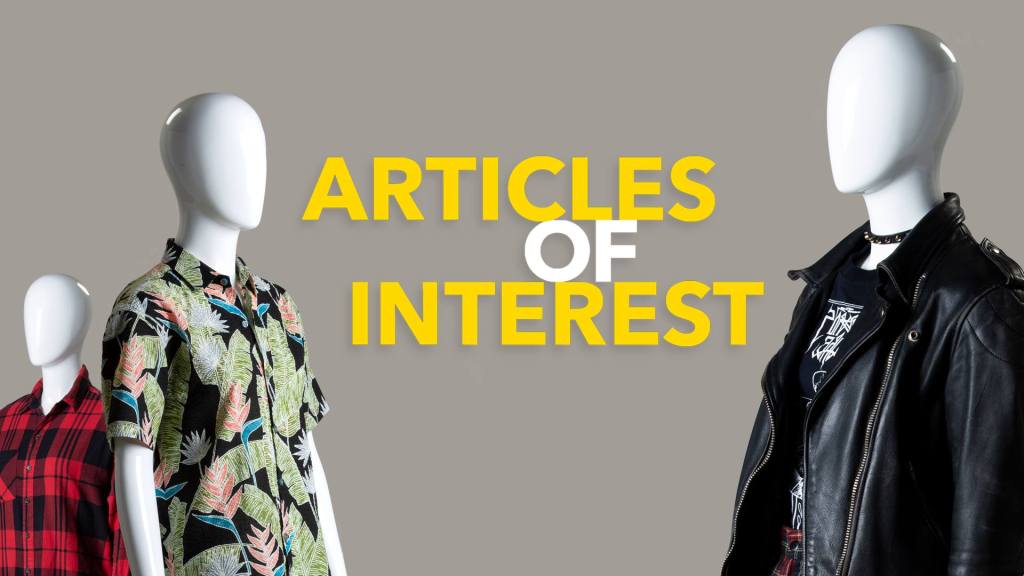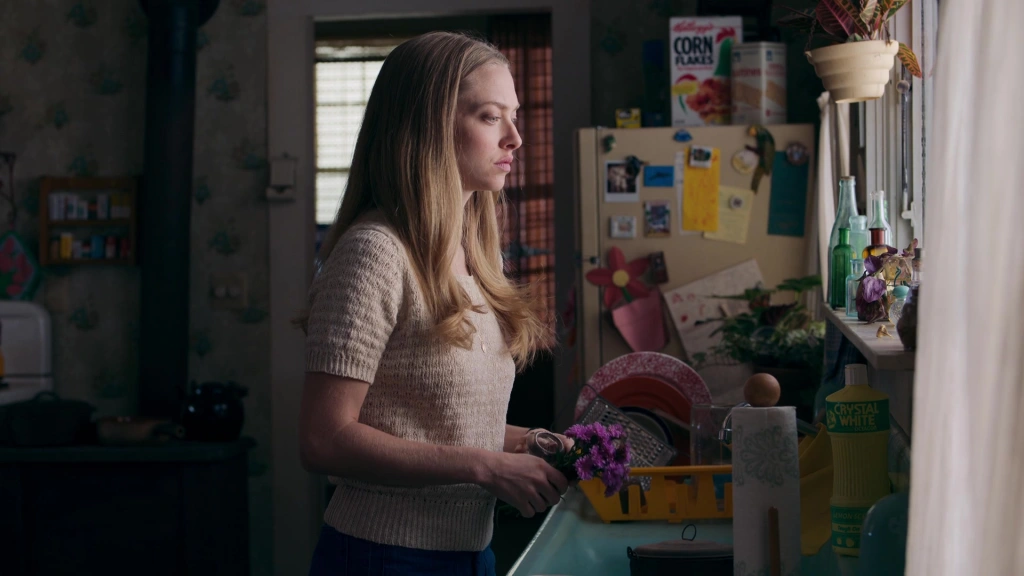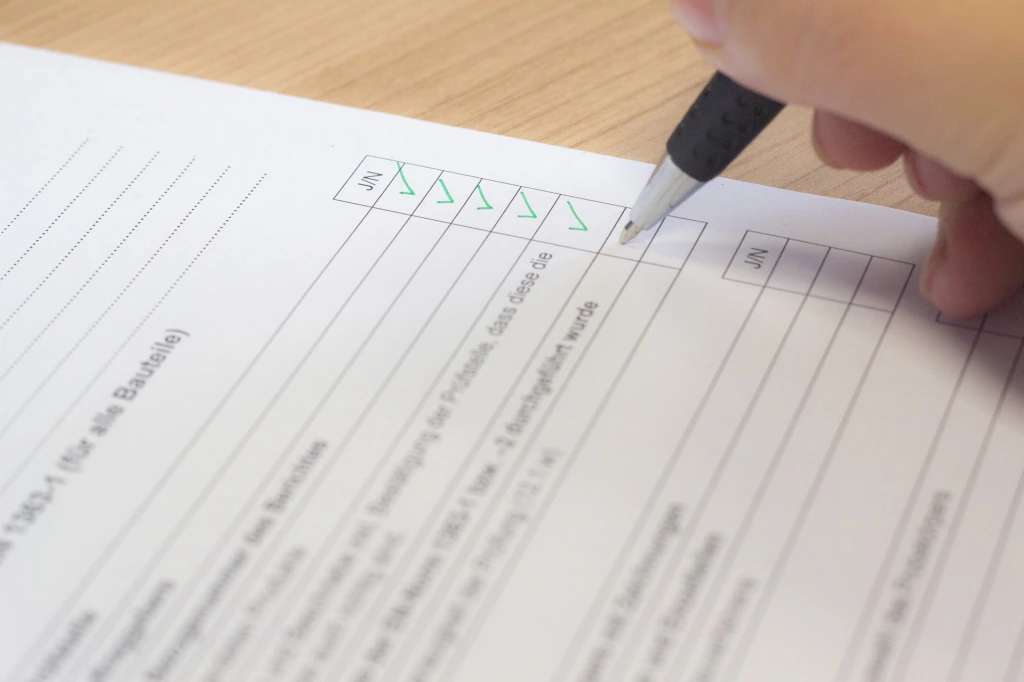Use them as a resource where you share credit and information your listeners want.
Podcasters love getting great audio, but what about great written materials for their podcasts? One oversight in many podcast workflows is making sure your show notes are helping you as much as possible. Uploaded to your podcast hosting service alongside any episode, show notes are a great way to give your listener vital details like what the episode is about, who made it, and where they can follow your podcast series.
Crafting great show notes for your podcast episodes all depends on your specific podcast, structure, and tone. While your formatting and content might vary wildly from another podcast’s, there are still some best practices to keep in mind.
Use your coding wisely
Most podcast-hosting services allow some minor coding in show notes, like formatting bold, italics, and clickable URLs. In 2019, podcast news source Podnews published two articles on basic coding in show notes that dive into the topic: one that explains how to format your show notes with HTML, and another that demonstrates what that coding actually looks like across different podcatchers.
The results showed that coding renders differently across podcatchers—and some podcatchers won’t render any text formatting, so make sure your show notes still make sense without formatting. Many podcatchers also discard images embedded in show notes, so your website and social-media channels are better fits for posting images.
Give credit where credit’s due
Your show notes are a great place to give credit to everyone working on your podcast, even if you make your show alone. If you’re a solo podcaster, this can be as simple as giving your name as its creator and producer. If you work with a team, let your audience know who that team is. Document who writes, produces, hosts, acts in, edits, and designs the sound of your podcast where applicable.
Crediting your team is nice, but acknowledging the music and sound-effect assets you use is often required. Even if you’re using Creative Commons media in your podcast, you still might have to include attributions for those assets in your show notes. If you’re unsure of who to credit for what, consider working with a local legal team who can advise you on how to properly credit someone for their work. Always double-check which assets you need to credit in your show notes in addition to saying them in your podcast’s audio.
Drive engagement
If your podcast has a website and social media accounts, your notes can help remind your listener about where they can follow the show by providing a list of profile names, handles, or your web address, making sure that your site renders correctly before including. Again, remember that if you make them clickable links, they should still be easy for your listener to look at and don’t forget to double check if the podcatcher removes the click capabilities. Also communicate what other information and resources are available on your website, such as transcripts, an archive, a cast list, or other important information for the listener.
Get support
Do you crowdfund your podcast? Does your podcast have a merch store? Did your episode contain an affiliate code or other sponsor information? Reminding your listeners about how they can support your podcast in the show notes. If the listener has your podcast on while they’re driving, they won’t be able to use that affiliate code while it’s still in their memory, but storing the information in your show notes as well means that the listener has a place to find it when they are ready to provide support.
Show notes can do a lot more than give a summary of your podcast’s episode. They can help you credit yourself and your team, direct your listeners to your podcast’s social-media pages, and help remind your listeners to support your work. Keep your coding clean, keep your descriptions snappy, and keep your listeners informed before, during, and after they’ve listened to the episode.
This article is syndicated from a now-dead site that deleted almost all of the work of myself and my colleagues. Don’t sue me! Get bent! ❤








Leave a comment